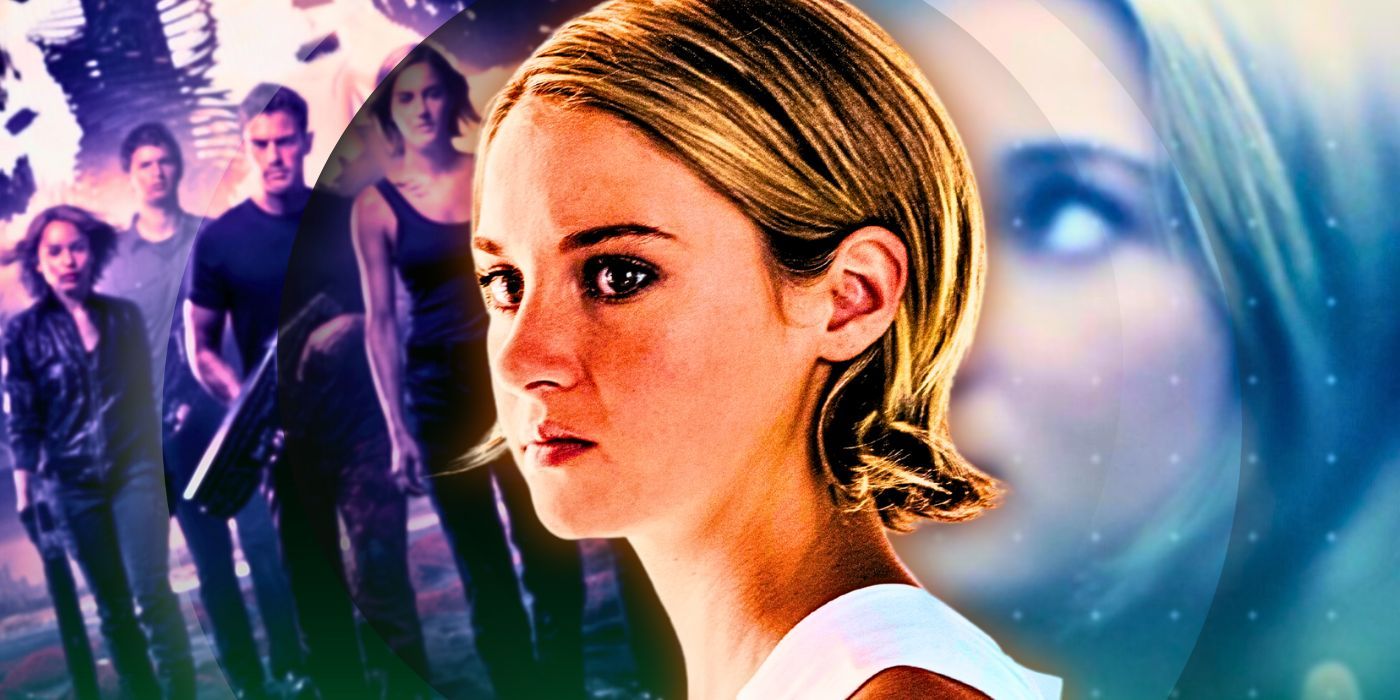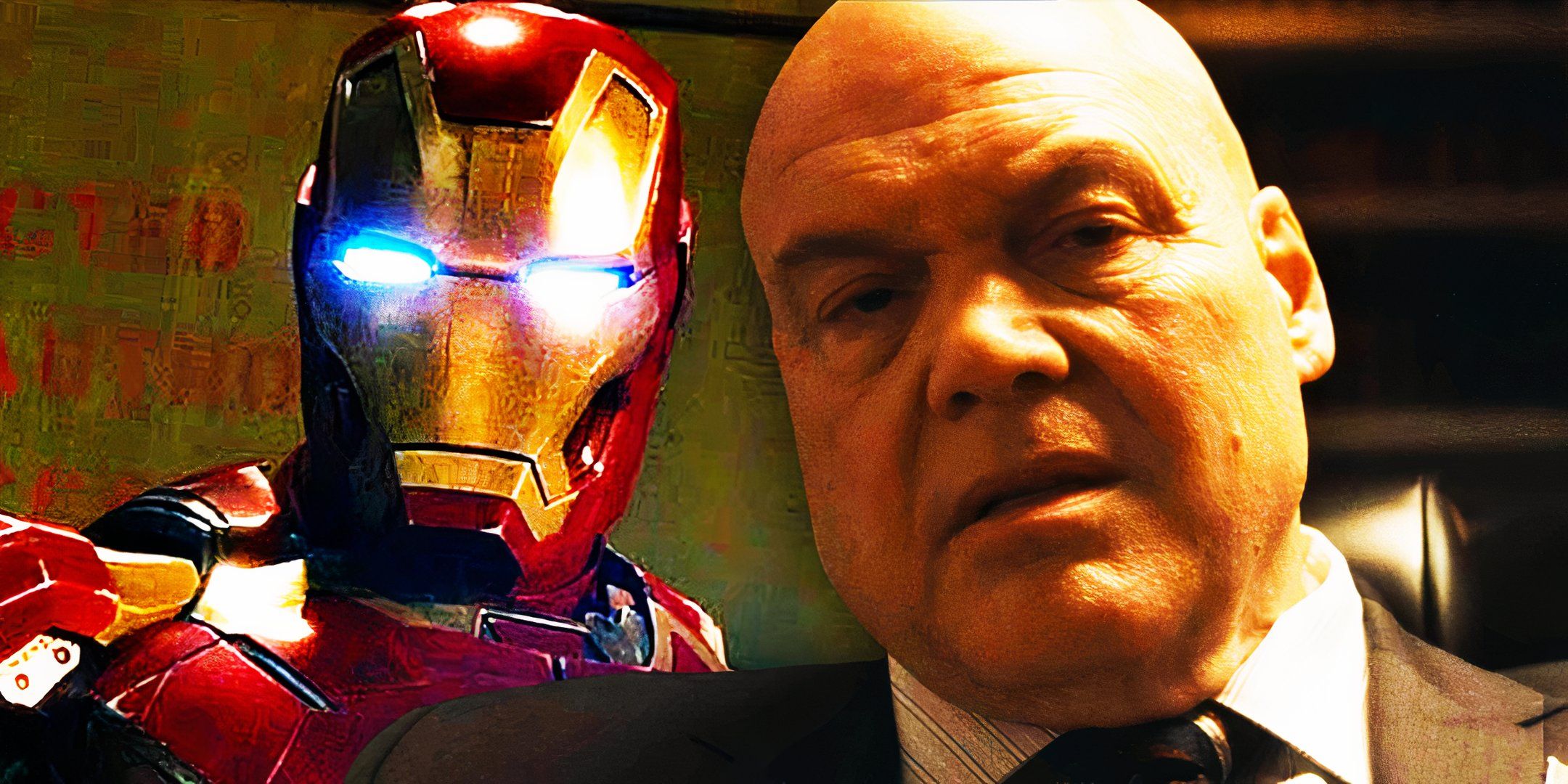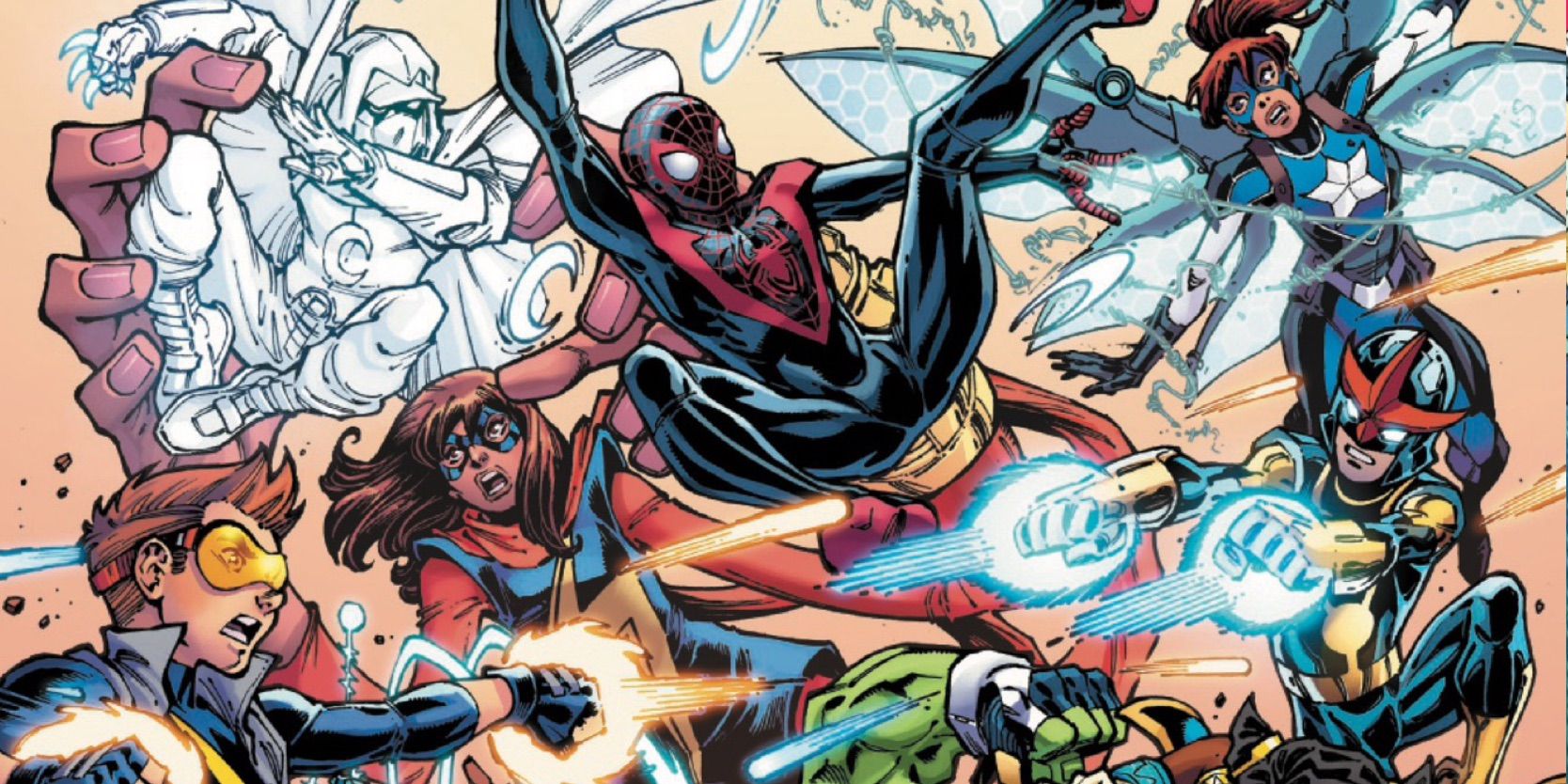The Divergent Trilogy Ended 11 Years Ago, And I Still Can't Bring Myself To Hate Allegiant
Warning: Major spoilers ahead for Allegiant by Veronica Roth.
Summary Tris' death in Allegiant was a powerful ending that reaffirmed the stakes of the Divergent world.
Criticizing Allegiant solely for its ending overlooks the novel's gripping storytelling and expanded world-building.
Tris' tragic conclusion in Allegiant, while heartbreaking, was a fitting end to her character arc and the series.
It's been 11 years since Veronica Roth's Divergent trilogy ended, and despite the harsh backlash the final book received, I still can't bring myself to hate Allegiant. Allegiant's ending packed a powerful punch, and it took a turn that many readers weren't expecting. Because of this, Allegiant has received a lot of criticism since its debut. Despite it being one of Veronica Roth's best books, Allegiant is the most divisive of the Divergent trilogy. And while I understand some readers' disappointment with the finale, I just don't agree.
After the trilogy lulled during Insurgent, Allegiant brought it roaring back to life. It didn't quite reach the heights of the iconic first book, but it stuck the landing — even if it left some tears in its wake. Allegiant's ending was far from traditional, but I truly think it works. I appreciated it the first time I read the book, and more than a decade later, I'm even more convinced that Roth made the right choice.
Related 9 Reasons Divergent Needs A TV Reboot After The 2010s Movie Series Failed The Divergent film series collapsed after three movies, but there are nine good reasons the series could succeed as a television reboot.
Allegiant's Ending Has Only Grown On Me After The Divergent Trilogy Ended
The Further I Get From The Books, The More I Feel Veronica Roth Was Right
It's been a while since I read Allegiant for the first time, and the controversy surrounding its ending has died down significantly. With the Divergent movies ending without Ascendant, the dystopian series shifted to the back of people's minds. Given how divisive the final book was, it was no surprise it didn't continue to dominate conversations. But the further I get from the Divergent era, the more Allegiant's ending grows on me. The more distant the books are, the more I'm able to look at them objectively — and I believe that tragic conclusion was worth it.
The further I get from the Divergent era, the more Allegiant's ending grows on me.
The main issue people had with Allegiant's ending was Tris dying rather than experiencing life free of the corrupt system she helped take down. Tris no doubt deserved a better fate than the one she got. But killing Divergent's lead was a hugely bold move on Roth's part — one that ensured the finale would never be forgotten. Not many YA books have the guts to kill off their main character, and this made Allegiant stand out for how raw and emotional it was. It felt like a proper ending, even if it was a difficult one for readers to accept.
I Understand Allegiant's Backlash (But I Just Can't Agree With It)
Allegiant Delivered A Powerful Ending To The Divergent Trilogy
I understand why so many people dislike Allegiant's ending, as readers grew to love Tris over the course of the Divergent trilogy. From her stubborn attitude to her bravery and wit, Tris proved an easy protagonist to root for. Her flaws made her relatable, and readers seeing themselves in Tris likely made it more difficult to say goodbye. Tris' death also wasn't the norm; the shock of it alone left many people feeling hurt or angered by the final Divergent book, even though death is always surprising under such circumstances.
Even though I get why people don't like Allegiant, I can't help but disagree with their perspectives. For one, condemning the entire novel for one of its final moments doesn't sit well with me. There's a lot to love about Allegiant regardless of its conclusion. It significantly expands Roth's fictional world, and it takes readers on a gripping ride. And even the ending works. The sudden nature of Tris' death in Allegiant made for a powerful sendoff, and it reaffirmed everything we knew about Divergent's world. It also proved a perfect ending for Tris' character.
Why Tris' Death Was The Perfect Way To End The Divergent Trilogy
It Reaffirmed The Stakes & Gave Tris A Great Send-Off
Tris' death is the most devastating moment in the Divergent trilogy, but it was also the perfect way to end the books. Roth spent three novels establishing the dangers of her world, as well as the risks that accompany rebellion. If there weren't any major consequences, such world-building wouldn't feel genuine. Having a dystopian series end with the death of a prominent character — the main character — really drives home the stakes of the story.
Tris' ending also made sense for her character arc, as her behavior throughout Allegiant built up to her inevitable end. Divergent's heroine repeatedly put her life on the line in the final installment, and that was bound to backfire at some point. The fact that she died saving someone she cared about made it all the more satisfying — and much more in character. While Allegiant's ending wasn't perfect, it was in line with everything Divergent and Insurgent had set up. It's a shame it still doesn't get the applause it rightfully deserves.











COMMENTS